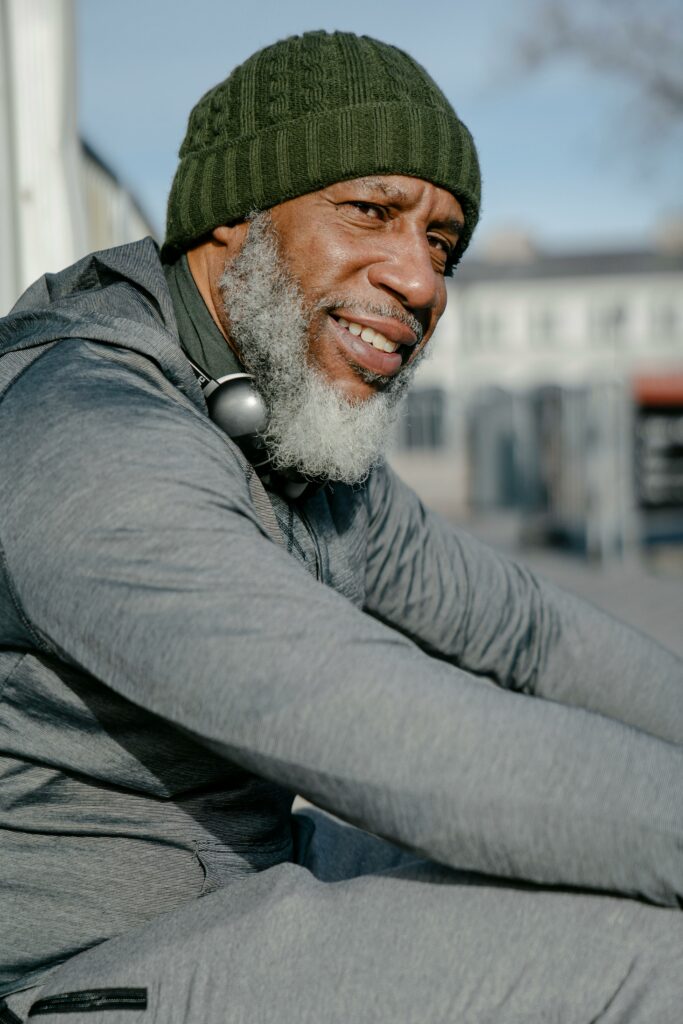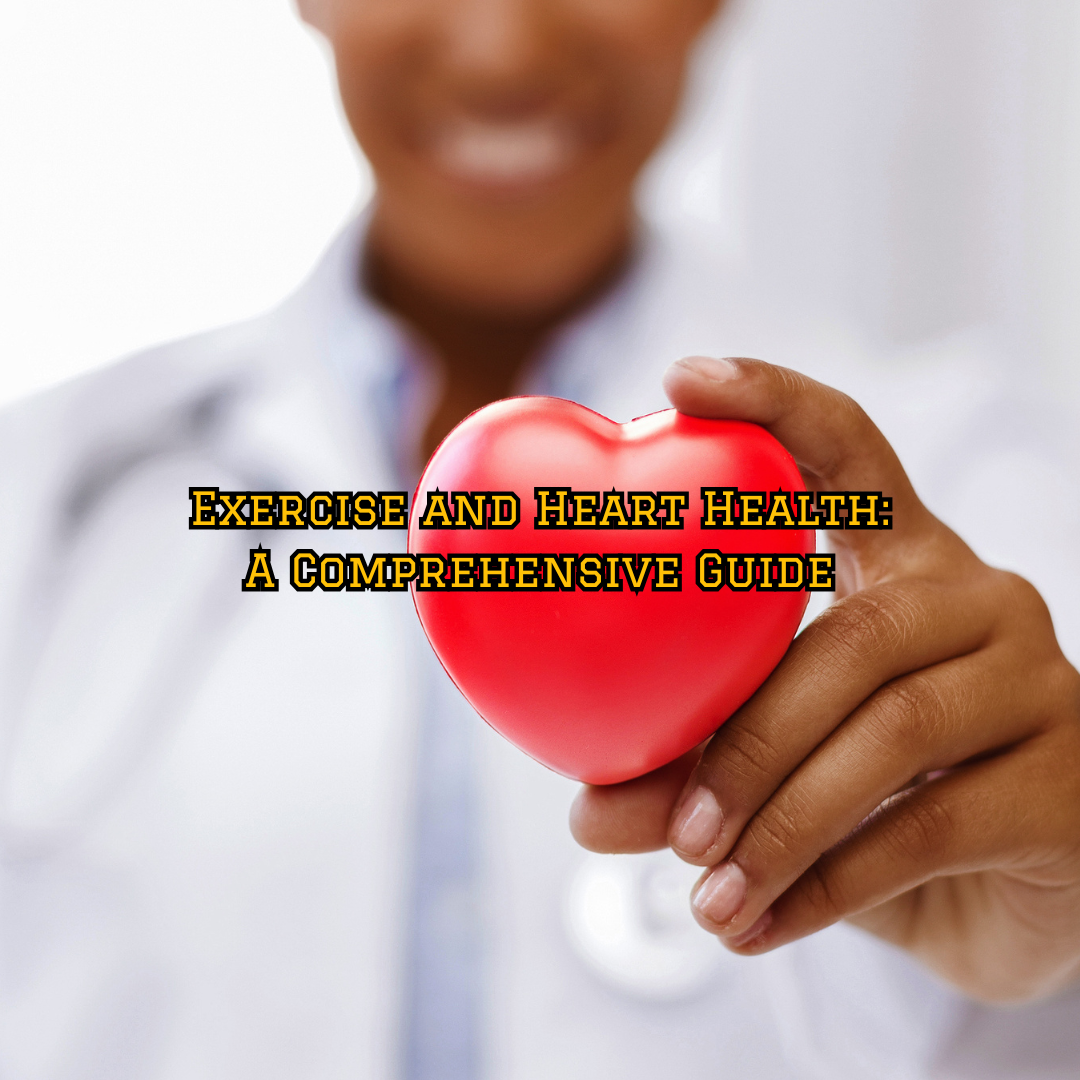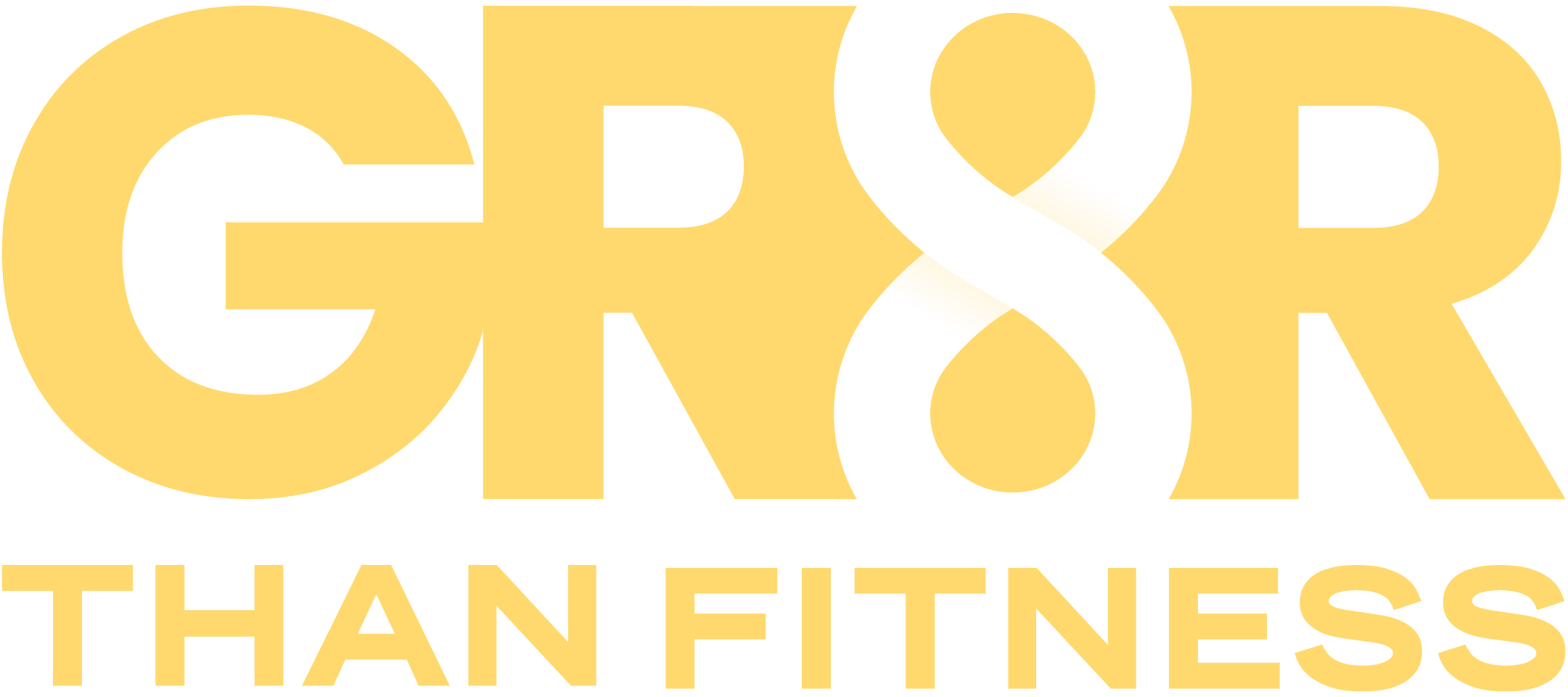Your basket is currently empty!
Adapting Workouts for Different Age Groups:
GR8R is a call to action. A movement to get people to recognise their worth and overcome the challenges that lie between who they are and who they want to be. Join us in removing the barriers to activity and encouraging anyone to active, anywhere, and anywhen.
·
Maximizing Fitness at Every Stage of Life

Maintaining an active lifestyle is essential for overall health and wellness, but as we age, our bodies undergo changes that require adjustments to our fitness routines. Understanding that adapting workouts for different age groups can help ensure safety, effectiveness, and long-term engagement in physical activity.
1. Teenagers (13-19 Years)
Teenagers face unique challenges as their bodies undergo rapid growth and hormonal changes, which can affect coordination and balance. During these years, body image concerns are common and can lead to either overtraining or avoidance of physical activity. Additionally, busy schedules filled with school, extracurricular activities, and social commitments can make it difficult for teens to find time for regular exercise.
Key Points:
- Variety and Fun: Incorporate various activities like team sports, dance, swimming, and cycling to keep teens engaged.
- Strength Training: Introduce basic strength training with bodyweight exercises and light weights to build muscle and bone density.
- Flexibility: Include stretching and flexibility exercises to enhance overall mobility and prevent injuries.
To ensure they remain injury-free, it’s important to emphasize proper form and technique. Encouraging regular participation in a variety of physical activities helps build balanced development and healthy habits.
Examples of Exercises:
- Strength Training: Bodyweight squats, push-ups, and resistance band exercises.
- Cardio: Running, cycling, and swimming.
- Flexibility: Yoga and dynamic stretching.
2. Young Adults (20-39 Years)
Young adults often struggle with balancing career, family, and social life, which can limit their time available for exercise. Increased sedentary behaviour, particularly for those with desk jobs, can lead to prolonged sitting and associated health issues. Additionally, enthusiasm for fitness can sometimes result in overtraining and injuries.
Key Points:
- Strength Training: Focus on compound movements such as squats, deadlifts, and bench presses to build strength and muscle mass.
- Cardio: Incorporate high-intensity interval training (HIIT) to improve cardiovascular health and burn calories efficiently.
- Flexibility and Balance: Include yoga or Pilates to maintain flexibility and balance.
Young adults should be mindful of overtraining and ensure they get adequate rest and recovery to prevent overuse injuries. Addressing postural issues from prolonged sitting through targeted exercises is also essential for maintaining overall health.
Examples of Exercises:
- Strength Training: Barbell squats, deadlifts, and bench presses.
- Cardio: HIIT workouts, running, and cycling.
- Flexibility: Yoga, Pilates, and foam rolling.
3. Middle-Aged Adults (40-59 Years)
Middle-aged adults often experience a metabolic slowdown, making weight management more challenging. Muscle loss, known as sarcopenia, can start to become noticeable, and there is an increased risk of joint issues such as arthritis.
Key Points:
- Strength Training: Continue strength training to combat muscle loss and maintain metabolism. Focus on weight-bearing exercises to support bone health.
- Cardio: Engage in moderate-intensity aerobic activities like brisk walking, cycling, or swimming.
- Flexibility and Balance: Prioritize exercises that enhance balance and flexibility to prevent falls and maintain mobility.
It’s crucial for middle-aged adults to be mindful of joint health and choose low-impact exercises if needed. Maintaining a consistent exercise routine helps combat metabolic slowdown and promote overall well-being.
Examples of Exercises:
- Strength Training: Dumbbell lunges, leg presses, and resistance band exercises.
- Cardio: Brisk walking, swimming, and cycling.
- Flexibility: Stretching routines and balance exercises like Tai Chi.
4. Seniors (60+ Years)
Seniors face specific challenges such as decreased bone density, which increases the risk of fractures, reduced mobility, and a higher likelihood of chronic conditions like arthritis, cardiovascular diseases, and diabetes.
Key Points:
- Strength Training: Use resistance bands, light weights, or bodyweight exercises to maintain muscle strength and bone density.
- Cardio: Engage in low-impact activities such as walking, water aerobics, or gentle cycling to improve cardiovascular health.
- Flexibility and Balance: Regularly perform stretching exercises and balance activities like Tai Chi to enhance mobility and reduce the risk of falls.
For seniors, it’s essential to focus on functional movements that improve daily living activities. Regular health monitoring and adjusting exercises to accommodate any physical limitations or health conditions are necessary for safe and effective workouts.
Examples of Exercises:
- Strength Training: Resistance band exercises, seated leg presses, and wall push-ups.
- Cardio: Walking, water aerobics, and gentle cycling.
- Flexibility: Stretching routines and balance exercises like Tai Chi.
Conclusion
Adapting workouts for different age groups is crucial for promoting lifelong fitness and well-being. By tailoring exercise routines to meet the unique needs and capabilities of each age group, individuals can enjoy the benefits of physical activity while minimizing the risk of injury and ensuring continued enjoyment and participation.
Discover more from GR8R Than Fitness
Subscribe to get the latest posts to your email.
-
Embracing The Magnificent Power of Showing Up
Lets be real. When picturing a “consistent” fitness journey what do you see? Someone who never misses a 5am workout? Whose meal preps are perfectly stacked with an assortment of exotic fruits n veggies? Someone who wakes up every single day feeling 1000% motivated? Sounds both exhausting and completely unrealistic Now, let us tell you…
-
Setting Crushable Goals
Progress, Not Pressure So you’ve survived the mid-year slump. You dusted off the rust, recharged and are ready to get back on track. However, energy with no direction is…. simply just noise. If you want to feel results, you need goals you can realistically hit, not willy-nilly ones that live rent-free in your head. For…
-
Bouncing Back After Mid-Year Fatigue
Realignment > Burnout We’ve pasted half-way mark in the year and if we’re being honest… Its been a lot. Mid- year fatigue has settled in. Your January goals have collected dust, the discipline you had in March is a distant memory and your energy level? Is practically on “low battery” But Guess what? Mid-year fatigue…
-
Chilly Weather = Fitness Killer? GUESS AGAIN!
Lets be real with the cold weather comes the desire to cuddle up in the blankets and self-neglect the needs of the body. Even more so with the beast sitting on your chest that thrives as the temperature drops, depression. However, there are ways to combat this potential decline Identifying Signals We know we’d like…
-

Exercise and Heart Health: A Comprehensive Guide
Exercise and Heart Health: A Comprehensive Guide


Leave a Reply